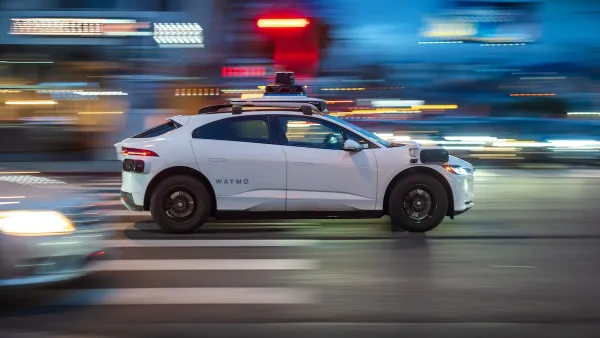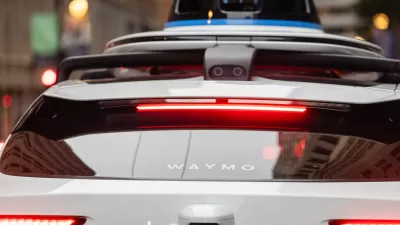What happens to law-enforcement budget (and, for that matter, municipal budgets) in a future of law-abiding driverless cars?
Colin Neagle draws thought-provoking parallels between the consequences of marijuana legalization and driverless cars. First there's what we know about the impact of marijuana legalization. As pointed out by Neagle: "One drug task force in Snohomish County, Washington, reduced its budget forecast by 15% after the state voted to legalize marijuana."
Then there is what we still don't know about law-abiding driverless cars: "Just as drug cops will lose the income they had seized from pot dealers, state and local governments will need to account for a drastic reduction in fines from traffic violations as autonomous cars stick to the speed limit."
The amount of money that trades hand as a result of traffic scofflaws is massive, so the impacts could be large: "Approximately 41 million people receive speeding tickets in the U.S. every year, paying out more than $6.2 billion per year, according to statistics from the U.S. Highway Patrol published at StatisticBrain.com. That translates to an estimate $300,000 in speeding ticket revenue per U.S. police officer every year."
Neagle also wrestles with how the potential loss of revenue impact might hit especially hard in tough times, when police departments have been known to make up budget shortfalls by writing more tickets.
FULL STORY: Driverless cars could cripple law enforcement budgets

Maui's Vacation Rental Debate Turns Ugly
Verbal attacks, misinformation campaigns and fistfights plague a high-stakes debate to convert thousands of vacation rentals into long-term housing.

Planetizen Federal Action Tracker
A weekly monitor of how Trump’s orders and actions are impacting planners and planning in America.

San Francisco Suspends Traffic Calming Amidst Record Deaths
Citing “a challenging fiscal landscape,” the city will cease the program on the heels of 42 traffic deaths, including 24 pedestrians.

Defunct Pittsburgh Power Plant to Become Residential Tower
A decommissioned steam heat plant will be redeveloped into almost 100 affordable housing units.

Trump Prompts Restructuring of Transportation Research Board in “Unprecedented Overreach”
The TRB has eliminated more than half of its committees including those focused on climate, equity, and cities.

Amtrak Rolls Out New Orleans to Alabama “Mardi Gras” Train
The new service will operate morning and evening departures between Mobile and New Orleans.
Urban Design for Planners 1: Software Tools
This six-course series explores essential urban design concepts using open source software and equips planners with the tools they need to participate fully in the urban design process.
Planning for Universal Design
Learn the tools for implementing Universal Design in planning regulations.
Heyer Gruel & Associates PA
JM Goldson LLC
Custer County Colorado
City of Camden Redevelopment Agency
City of Astoria
Transportation Research & Education Center (TREC) at Portland State University
Jefferson Parish Government
Camden Redevelopment Agency
City of Claremont





























